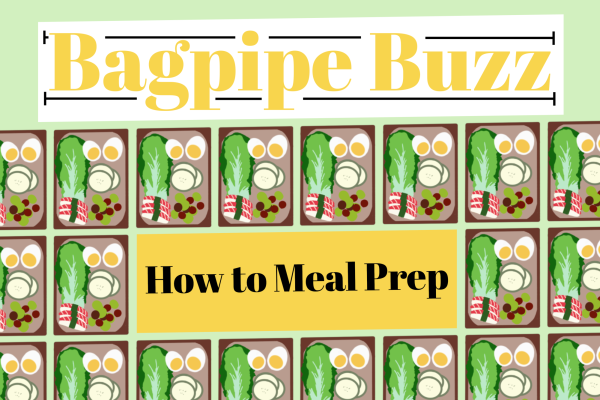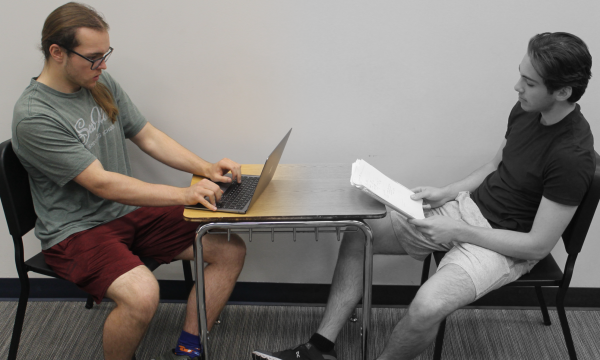Android Awakening
“I am putting myself to the fullest possible use…”
“…which I think is all that any conscious entity can ever hope to do.” This quote is derived from HAL 9000, the famous robotic antagonist from 2001: A Space Odyssey. One of the issues explored in the film (especially in regards to HAL) is the issue of artificial consciousness, or robotic sentience.
While the idea of robots being able to achieve the same level of self-awareness that we have sounds like a topic to be left to science fiction, the idea of robots that really live in the same way that we do seems to be more science these days, and less fiction.
In July of last year, a professor from the Rensselaer Polytechnic Institute, a college focused on the application of technology to common life, performed an experiment which resulted in a robot gaining self awareness.
The experiment involved three robots of the same model being told that two of them would be programmed to not be able to speak, described to the robots as receiving a “dumbing pill,” for the duration of the experiment. The task at hand was to prove which robots were given the dumbing pill. When the single robot that was able to speak heard its own voice, it recognized this. The robot concluded that, because it was able to speak, the other two robots had received the dumbing pill.
While this seems like a trivial task and a very small accomplishment, it actually means a lot. It shows that the robot was able to apply logic to the situation and learn about its environment and circumstances based on observation.
This process is the cornerstone of scientific learning. If the kind of technology that allowed the robot to perform this task is applied to robots in the future, it is entirely possible that we could have robots designed to perform scientific experiments that could accompany and aid human scientists in the laboratory.
While this could be a great boon to science and potentially other fields, there are possible complications. Robots with this level of learning and understanding of the world around them may cultivate something similar to a human consciousness. They may go from being only self aware to really being sentient, being capable of independent thought that may lead them to go against what they were originally programmed to do.
Robots that think and act like humans could lead to a potentially infinite number of possible outcomes that directly affect humans. While it’s entirely possible that robots would simply coexist peacefully with humans, popular culture has numerous examples of “robot uprisings,” or sentient robots exterminating all human life.
Whether or not sentient robots would actually do this is debatable, but because of how deeply-ingrained the idea of a robot uprising is in human culture, humans would probably react poorly to anything that could be perceived as similar to a robotic rebellion.
Whatever the outcome will be, sentient robots are appearing in places far from the realm of science fiction. It’s anyone’s guess as to how they will impact humanity, but it is almost certain that their presence will be felt.

12
What is your position on the Bagpipe:
Copy Editor
What is your go-to snack:
I pretty much live off of granola bars.
What is your favorite tv show to binge watch:
I haven't really been able to keep up with any TV shows lately.
In what are you involved at HP:
Theatre and PAPR Club
What is your dream job:
writing for NPR
How would your friends describe you:
The tired guy with good comedic timing
What is your favorite song or style of music:
Alternative and Electroswing
What is a fun fact about yourself that not everyone knows:
I acted in a web series during sophomore year that never really took off.
What is one skill at which you were better:
I wish I could play an instrument well.
What is your ideal pet:
A Rhoomba, but one with emotions
What is your favorite class this year:
Creative Writing
Where do you want to go to college:
The University of Georgia
What is your favorite news source:
NPR
What is the best piece of advice you have received so far:
"You'll do better on tests with a full night of sleep than you would if you stayed up all night studying."
If you could attend any major event, which would you choose:
A Caravan Palace concert












